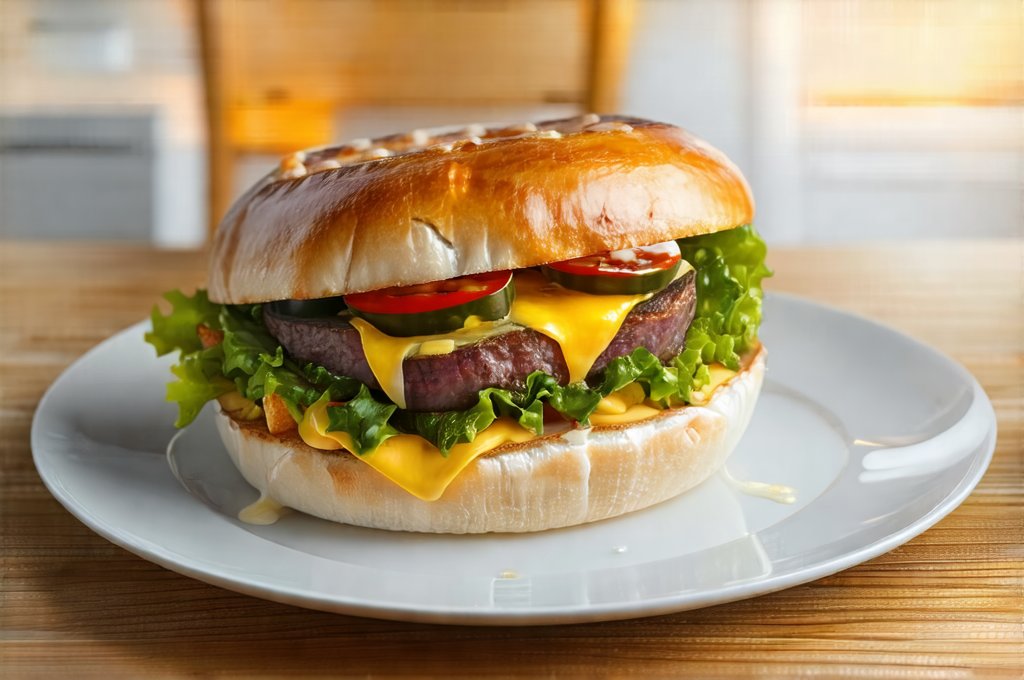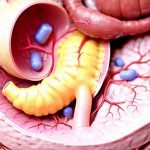The discomfort is familiar to many: a bloated feeling, rumbling sounds, and potentially embarrassing gas after an evening snack or late-night meal. While occasional gas is a normal part of digestion, consistently experiencing it – particularly linked to when you eat – points to a deeper understanding needed around the body’s digestive processes. It’s not necessarily about what you’re eating (though that plays a role), but more so when you’re eating and how your body responds differently at night. Our bodies aren’t designed to operate consistently; they shift into different modes based on circadian rhythms, impacting digestion significantly when we disrupt the natural cycle with late-night consumption.
This article delves into the reasons why eating close to bedtime can often lead to increased gas production and digestive discomfort. We’ll explore how our digestive system changes during sleep preparation, the influence of gravity, the potential impact of food choices, and practical strategies for minimizing these unwanted effects. Understanding these factors is crucial not just for immediate relief but also for promoting better overall digestive health. It’s important to remember that individual responses can vary significantly, making personalized awareness key.
The Shifting Landscape of Nighttime Digestion
Our digestive system doesn’t simply shut down when we sleep; it transitions into a lower gear. During the day, active movement and upright posture facilitate efficient digestion, allowing food to move smoothly through the gastrointestinal tract. As evening approaches, and especially as we lie down, this process slows considerably. Peristalsis – the wave-like muscle contractions that move food along – becomes less vigorous. This slower transit time means food remains in the stomach and intestines for a longer period, providing more opportunity for fermentation by gut bacteria. Fermentation is a natural process, but it’s also what creates gas as a byproduct.
This slowdown isn’t merely a passive consequence of lying down; it’s regulated by our circadian rhythm – the internal clock that governs many bodily functions. Hormonal changes occur as we prepare for sleep, further reducing digestive activity. Specifically, the production of gastric emptying hormones tends to decrease at night, slowing down how quickly food leaves the stomach. This prolonged exposure to undigested carbohydrates and fats in the intestines fuels bacterial fermentation, leading to increased gas production. The body prioritizes restorative processes during sleep, diverting energy away from active digestion.
Furthermore, gravity plays a significant role. When upright, gravity assists the downward movement of food through the digestive tract. Lying down eliminates this assistance, making it harder for food to progress and increasing the likelihood of stagnation and fermentation. This is why bloating and gas often feel more pronounced when lying in bed. Consider also that the lower esophageal sphincter – the muscle preventing stomach acid from flowing back up into the esophagus – can relax during sleep, potentially contributing to reflux and exacerbating digestive discomfort. If you frequently experience this, it’s worth exploring how acid reflux impacts your overall health.
Food Choices & Their Impact on Gas Production
While timing is a critical factor, what you eat late at night significantly influences gas build-up. Certain foods are inherently more prone to producing gas during digestion than others. Foods high in FODMAPs (Fermentable Oligosaccharides, Disaccharides, Monosaccharides, and Polyols) are particularly notorious. These carbohydrates aren’t fully absorbed in the small intestine and reach the large intestine where they’re fermented by bacteria, resulting in gas production. Examples include:
- Onions and garlic
- Apples and pears
- Wheat and rye products
- Legumes (beans, lentils)
- Dairy products (for those lactose intolerant)
High-fat foods also contribute to delayed gastric emptying, extending the time food spends in the digestive system and increasing fermentation potential. Similarly, carbonated beverages introduce gas directly into the digestive tract, exacerbating bloating and discomfort. Spicy foods can irritate the digestive lining, potentially leading to increased gas production. It’s not necessarily about eliminating these foods entirely (unless you have a specific intolerance), but rather being mindful of their consumption close to bedtime. Sometimes seemingly healthy options are difficult to digest; for example, why avocados can cause issues.
Combining multiple gas-producing foods in a late-night meal compounds the problem. For example, pairing a pizza (wheat crust, cheese, tomato sauce – all potential contributors) with a carbonated beverage is almost guaranteed to result in significant gas build-up. The key lies in understanding how your body reacts to different food combinations and adjusting your choices accordingly. Portion control also matters; larger meals are more challenging to digest, increasing the risk of bloating and gas.
Minimizing Gas with Dietary Adjustments
Addressing late-night gas often begins with thoughtful dietary adjustments. Here’s a practical approach:
- Identify Trigger Foods: Keep a food diary for a week or two, noting what you eat and when, along with any associated digestive symptoms. This helps pinpoint specific foods that consistently cause issues.
- Smaller Portions: Reduce the size of your late-night snacks or meals. A lighter meal is easier to digest and less likely to overwhelm the system.
- Focus on Easily Digestible Foods: Opt for choices like plain yogurt, a small banana, or a handful of almonds. These are generally gentler on the digestive system than complex carbohydrates or high-fat foods.
The Role of Hydration & Eating Habits
Staying adequately hydrated is crucial for optimal digestion. Water helps move food through the digestive tract and prevents constipation, which can contribute to gas build-up. However, avoid drinking large amounts of water during a meal, as this can dilute digestive enzymes and hinder the process. Instead, sip water throughout the day and between meals.
Eating habits also play a role. Eating quickly often leads to swallowing excess air, which contributes to bloating and gas. Take your time, chew thoroughly, and savor each bite. This not only aids digestion but also allows you to feel fuller with less food. Avoid lying down immediately after eating; allow at least 2-3 hours for the stomach to begin emptying before reclining.
Beyond Food: Lifestyle & Underlying Conditions
It’s important to remember that gas build-up can be influenced by factors beyond diet and timing. Stress, anxiety, and lack of physical activity can all impact digestion. Regular exercise promotes gut motility and reduces stress levels, both of which contribute to improved digestive health. Chronic constipation or underlying medical conditions like irritable bowel syndrome (IBS) can also exacerbate gas symptoms.
If you consistently experience excessive gas, bloating, or other digestive issues, it’s essential to consult with a healthcare professional to rule out any underlying medical causes and receive personalized guidance. Self-treating without addressing the root cause could potentially mask more serious problems. Listen to your body, pay attention to its signals, and seek appropriate support when needed. Recurring digestive distress can sometimes indicate digestive stress impacting other areas of health. In some cases, it may even be linked to food sensitivities. Further investigation into whether GERD can lead to lung damage is also important if you experience related respiratory symptoms. Finally, consider exploring whether food sensitivities contribute to chronic fatigue. Remember that these are general guidelines, and individual responses will vary.


















